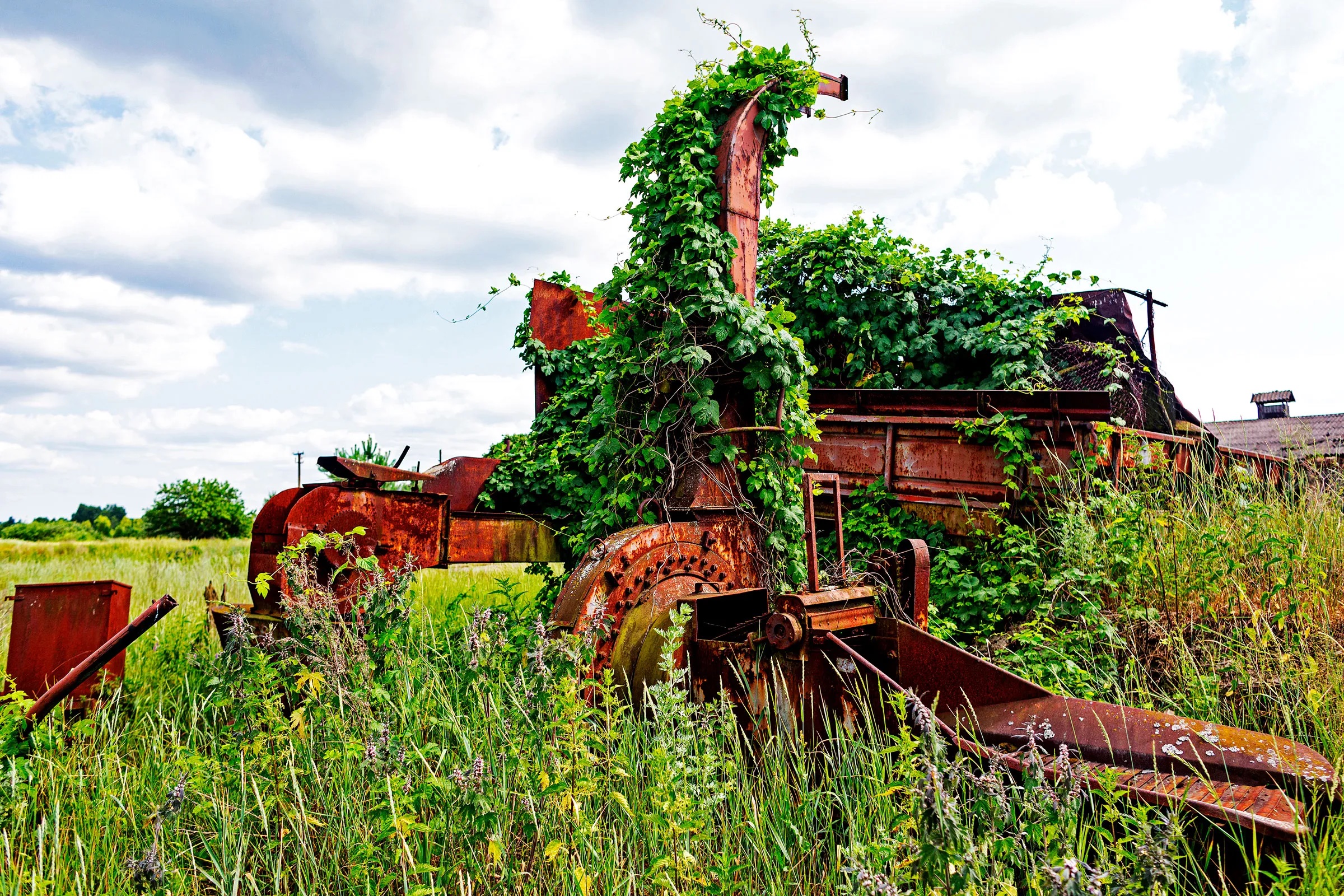Rather than writing another post about farming I decided to set myself a challenge. Could I write a strategy for faming that would fit onto a beer mat?
Farming is a complex activity which can range from the daily routine of feeding animals to making long term decisions about investing in new buildings and equipment. It is the first stage in an even more complex food chain that eventually delivers food, mainly via supermarkets, to our plates. Therefore trying to develop a strategy that can be scribbled on something the size of a beer mat would seem foolhardy. But if farming is ever going to have its fare share in the ongoing discussion about its future it needs to have a clear view on what it needs to achieve. The ‘strategy on a beer mat’ exercise forces this discussion to concentrate on what is really important rather than being pulled in different directions by the swirl of self-opinionated noise that fills the media.
Over many years farming has successfully developed and used a wide range of technology to increase food production. The technology is as diverse as the range of foods grown which includes mechanisation, fertilisers, herbicides, insecticides, animal medication and more recently the increasing use of robotics. But the cost has been a significant loss of biodiversity. Biodiversity is essential for a healthy ecosystem that we all rely on to provide us with the air we breathe and the food we eat. Also, due to farming systems and practices the health of the soil has suffered dramatically with some claiming that it only has enough fertility for about 40 harvests. Therefore the first line in the beer mat strategy is: recover the levels of biodiversity and soil health to pre-mechanisation levels.
The overriding issue that is facing us and the planet is the climate crisis. It is creating erratic weather conditions which are being experienced around the world. In the UK the seasons are changing with heavier rain during winter and longer dry periods during summer which are impacting on food production. The UK’s greenhouse gas emissions is around 1% of the total global output with countries such as China contributing to around 28%. The UK must do its bit to reduce its contribution to greenhouse gases but managing the climate crisis will depend on other countries and the signs of them getting to grips with the problem is not hopeful. Therefore UK farming has to be resilient to the changing seasons. It is against this background that the next line on the beer mat should be: farming systems and practices must adapt to the changing climate and weather patterns.
Switch on any news outlet and it is clear that geopolitics is having a fundamental effect on how countries work together. For example, the ongoing war in Ukraine has affected the export of grain resulting in major food security concerns for millions of people. The UK is about 60% self sufficient in food production and therefore what is happening in other parts of the world can disrupt the amount of imported and exported food. So the next line on the beer mat would be: farming to improve self sufficiency of food production to minimise disruption to imported food.
Some of you eagle-eyed readers will have noticed that the beer mat strategy is not explicit about the reduction in greenhouse gases. But the points in the strategy will reduce its production. For example, a reduction in the amount of fertilisers will have a reduction in the amount of greenhouse gases created in its production, transportation, and its application to the fields.
Farming does not sit in an isolated part of the food system. There are many forces that are outside of its control and this is where the UK government needs to take a more proactive role. The UK government has direct influence over farming through subsidies, which is about 10% of farmer’s income, and indirectly through policy and legislation. The beer mat strategy could be used to check the effectiveness of government policies such as Environmental Land Management (ELMs) or the government could pick up ideas that are being developed locally that meet the beer mat strategy to see how they could be used across the UK. Could the The Green Farm Collective, who are developing novel ways to invest in regenerative farming, be scaled across the UK through changes in government policy?
The targets that are described in the beer mat strategy are very challenging. Farming is at the root of how we live and if it should start to stumble, or even fall, then how we live will fundamentally change. Maybe those officials in the government who are responsible for farming should take a few farmers out for a beer and discuss how they can best work together to secure our futures.
